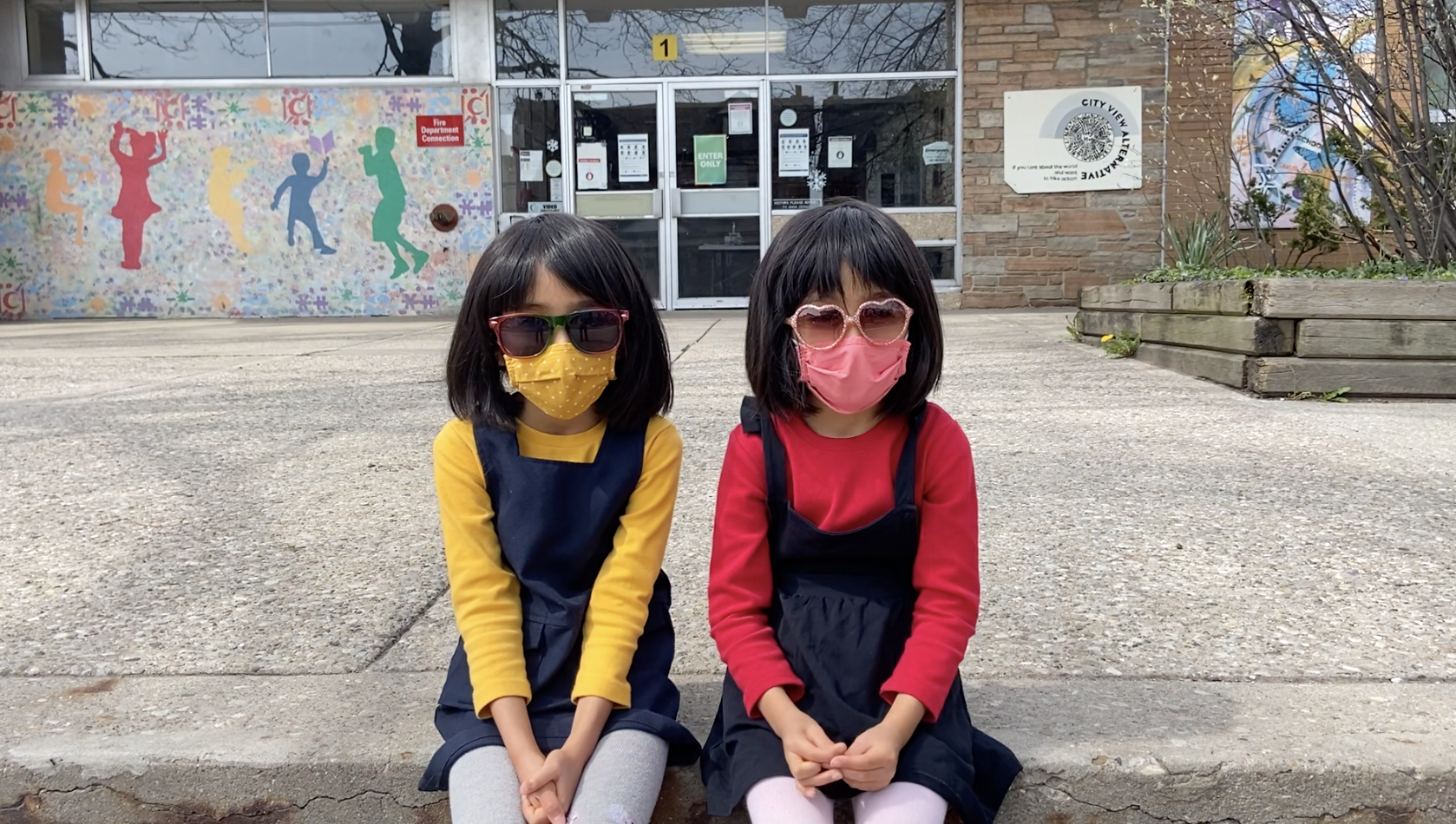A new report from Human Rights Watch shows that this greatly diminished quality of education can have lasting effects, since many children and adolescents never return to their schools after they reopen. The report Years Don’t Wait for Them presents how the COVID-19 pandemic has negatively affected the education of children and adolescents. The Novo Nordisk Foundation has supported publication of the report.
Based on interviews with students, parents and teachers in 60 countries, the report documents the many challenges presented by COVID-19 and how the pandemic has affected education.
Access to education was typically a challenge before COVID-19 in low-income countries, and the problems there have become more acute, with many new barriers springing up.
One main problem highlighted is that many children and adolescents, especially in low-income countries, did not return to their school or other place of education when the temporary lockdowns ended. The reasons for this include getting married or having to take a job to supplement their parents’ income.
Amir, a 14-year-old boy in Nepal, is one of the children who have had to take a job as a driver when his school shut, and his family ran out of food.
“For a while, I thought that I would go back when the school reopens, but I don’t think that anymore. I enjoy driving and making money, so what will I do going back to school now? Even if I do go back to school, it won’t be for long,” he says in the report.
Girls and young women especially vulnerable
The report emphasises that girls and young women are especially vulnerable, particularly in low-income countries, where they are already typically more disadvantaged than boys in education. In many cases, housework replaces schoolwork when classrooms close.
Taisha S., a 16-year-old student in Garissa, Kenya, is one of the girls for whom housework burdens have replaced schoolwork during the shutdown.
“I wake up every morning and I cook breakfast and clean the house. I live with two grandmothers, who rely on my help in caring for them, and it takes up a significant portion of my day attending to them. My chores have increased because the schools have closed,” says Taisha S. in the report.
Internet access is a barrier
The report shows that lack of access to digital devices and/or Internet access is one of the major barriers to learning and formal schooling.
A father living in Mumbai, India with his wife and two children says: “We have one computer in the family. Both my wife and I are working from home, so we need it. Now both children have classes, so they need to be on the computer. My wife and I are taking salary cuts, so how can we afford to buy another laptop? So, one child is missing classes.”
Strategic focus on helping children and adolescents in crisis areas
For Human Rights Watch, which produced the report, education is a core focus area, and the organisation says that action is needed now so that education systems do not abandon children and adolescents around the world.
“The clock is ticking. Millions of children are at risk of never returning to school, rolling back decades of gains in education. Now more than ever, education must be treated as a human right,” says Zama Neff, Executive Director of the Children’s Rights Division at Human Rights Watch, who adds:
“At this critical moment, governments are making decisions that will determine the future of children worldwide. Human Rights Watch is working to ensure that they respond to this global emergency by placing education at the heart of recovery plans from the COVID-19 pandemic.”
Youth empowerment is one of the strategic focus areas of the Foundation in the social and humanitarian area. The purpose is to enhance young people’s educational, technical and vocational skills and social competencies, to improve their prospects for making positive life choices and becoming active citizens.
“The themes and recommendations from Human Rights Watch are therefore especially relevant and noteworthy in identifying new humanitarian projects,” explains Mette Ide Davidsen, Senior Programme Lead, Social & Humanitarian, Novo Nordisk Foundation.
“The report documents the urgent need to support the millions of children and adolescents who, for various reasons, have dropped out of the school system or are otherwise prevented from receiving education because of the COVID-19 pandemic. Together with our excellent partners, our activities in Jordan, Lebanon and Syria strive to improve the future prospects of young Syrian refugees and other vulnerable groups hardest hit by the pandemic,” she says.
Geographically, the Foundation supports efforts in countries affected by the conflict in Syria, especially focusing on neighbouring Jordan and Lebanon, as well as Syria. The target group is young Syrian refugees and internally displaced people and vulnerable young people in neighbouring countries.
The Foundation has just announced a new open call for several new projects that will support children and young people in education.
Read the Human Rights Watch report here.
About the Novo Nordisk Foundation
The Novo Nordisk Foundation is an independent Danish foundation with corporate interests. It has two objectives: 1) to provide a stable basis for the commercial and research activities of the companies in the Novo Group; and 2) to support scientific, humanitarian and social causes.
The vision of the Foundation is to contribute significantly to research and development that improves the lives of people and the sustainability of society. Since 2010, the Foundation has donated more than DKK 30 billion (€4 billion), primarily for research at public institutions and hospitals in Denmark and the other Nordic countries as well as research-based treatment and prevention of diabetes. Read more at www.novonordiskfonden.dk/en.
Further information
Marie-Louise Jersin, Senior Communications Partner, +45 3049 4957, [email protected]








